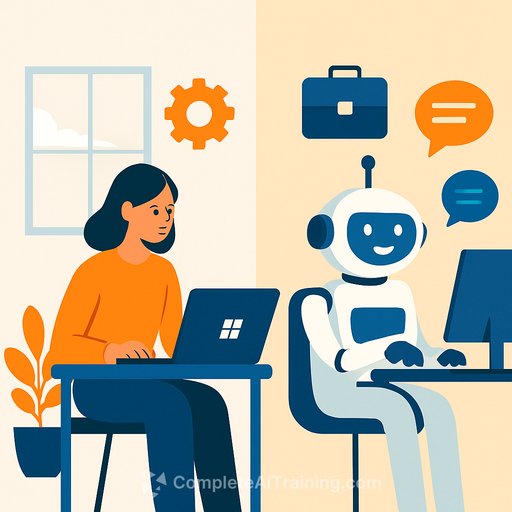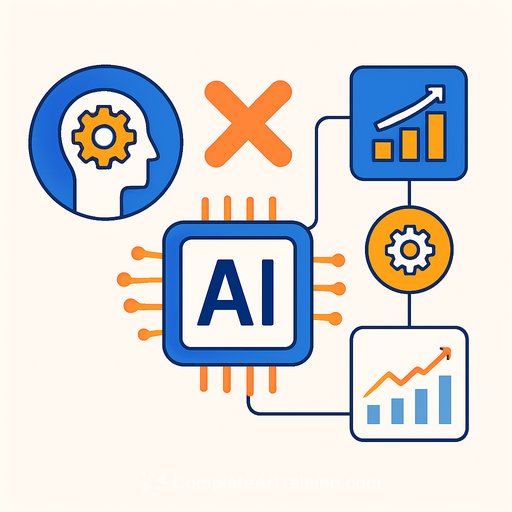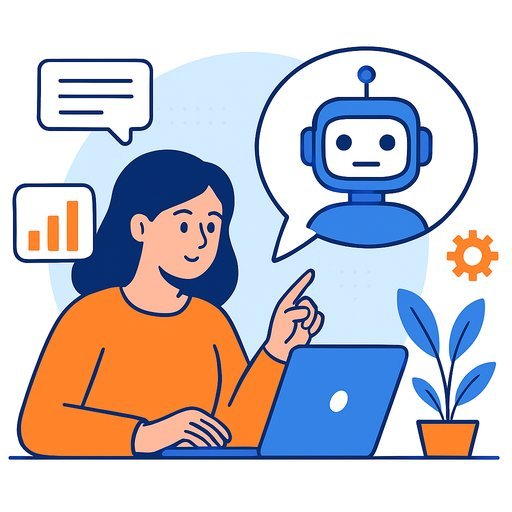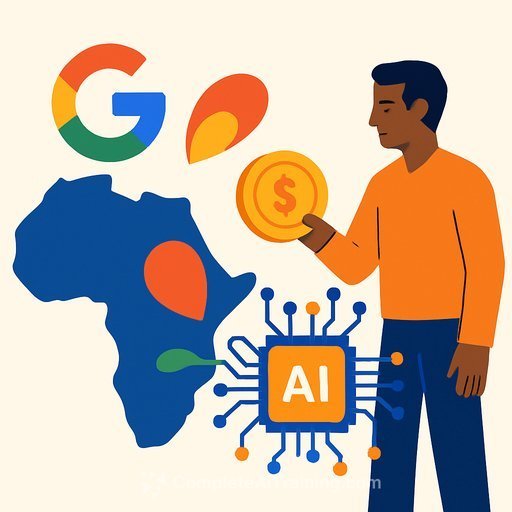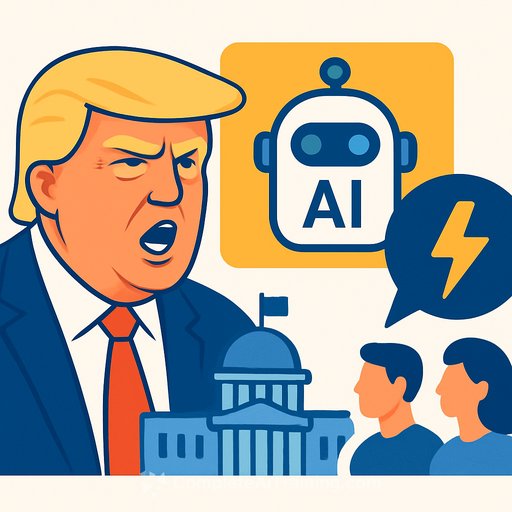Microsoft Study Reveals Which Jobs AI Chatbots Are Poised to Transform
Microsoft researchers analyzed 200,000 conversations with their AI chatbot, Copilot, to identify which jobs are most likely to be impacted by generative AI and large language models. Their findings highlight that roles centered on providing and communicating information face the greatest overlap with AI capabilities.
Jobs Most Affected by AI Chatbots
According to the study, occupations such as translators, historians, and writers show the highest overlap with AI chatbot tasks. These jobs often involve research, writing, and communication—areas where AI chatbots excel at assisting users.
- Translators and Interpreters: AI chatbots can handle language translation and interpretation tasks, making these roles more AI-assisted.
- Writers and Researchers: AI helps draft content, generate ideas, and compile information efficiently.
- Information-focused Roles: Jobs that depend heavily on managing and communicating information stand to see a significant AI presence.
However, the study makes it clear that AI complements many tasks but does not fully perform any entire occupation. For example, while AI can be a proficient interpreter, it cannot replace physically demanding or highly specialized roles like dredge operators.
Jobs Least Affected by AI Chatbots
On the flip side, roles involving physical labor or hands-on tasks show little overlap with AI chatbots. The study highlights jobs such as phlebotomists, nursing assistants, and hazardous materials removal workers as among the least affected.
- Phlebotomists and Nursing Assistants: Jobs requiring physical interaction and human care remain less impacted by language-based AI tools.
- Hazardous Materials Removal Workers: Tasks involving physical risk and machinery operation are not easily automated by chatbots.
The researchers also note that their focus was on large language models, so other AI applications targeting machinery operation or monitoring—like autonomous trucks—could influence different job categories.
What This Means for the Workforce
The study stops short of predicting how AI will affect job numbers. Some industry leaders suggest AI might reduce entry-level white-collar jobs, while others believe it will generate new roles. The key takeaway is that AI is currently supporting tasks rather than fully replacing jobs.
Kiran Tomlinson, the study's lead author, emphasizes the need to keep examining AI’s economic and societal effects as adoption grows. This approach helps clarify where AI can assist most effectively and where human skills remain essential.
Why This Matters for IT and Development Professionals
If your work involves office tasks, communication, or content creation, AI chatbots will likely become tools you interact with more frequently. Understanding their strengths and limits can help you use AI efficiently without losing sight of the human skills AI can’t replicate.
For those interested in learning how to integrate AI tools into their workflow or expand their AI skills, exploring practical courses and certifications can be a smart step. Resources like Complete AI Training's latest AI courses offer tailored options for various skill levels.
Conclusion
AI chatbots are set to assist heavily with communication and information-related tasks, but physical and hands-on jobs remain largely unaffected by this particular AI technology. As AI tools become more embedded in daily work, staying informed and adapting your skills will be crucial.
To learn more about AI's impact and build relevant expertise, consider exploring focused AI training programs and certifications that align with your professional goals.
Your membership also unlocks:

